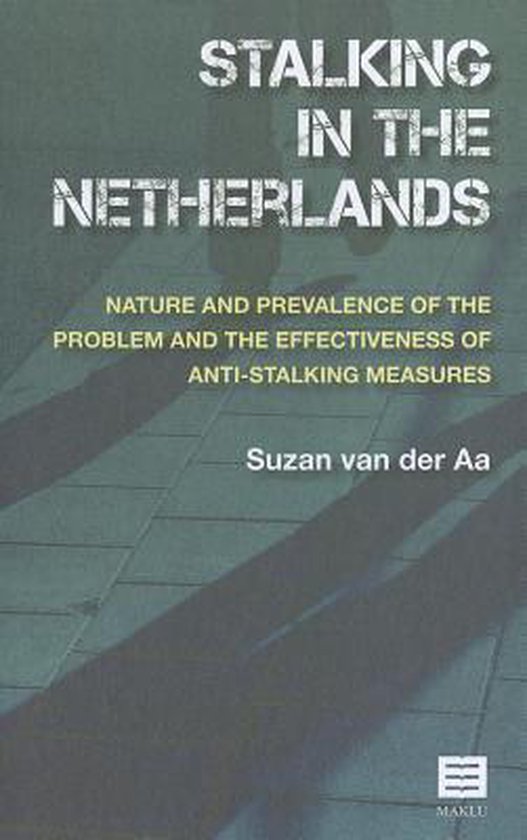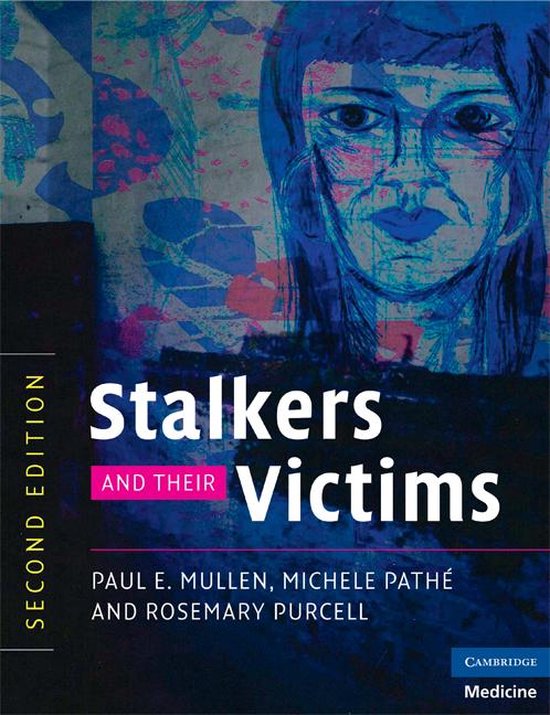
Stalking in the Netherlands
Stalking in the Netherlands fills in various blanks in the social and scientific discourse on stalking. It presents research on the nature and prevalence of stalking in the Netherlands and on the effectiveness and (dis)advantages of certain legal anti-stalking measures, both criminal and civil. The combination of empiricism with legal reasoning makes the book multi-disciplinary. As a result, this doctoral thesis is not an abstract theoretical account, but is a concrete and practical study. The book begins with a description of the emergence of the crime, along with the definition of stalking. It contains an overview of previous research into the different stalking tactics, victim and stalker profiles, and consequences for the victims. Examining the current state-of-the-art research in the field of stalking, it focuses on the nature and prevalence of stalking. An interpretation of the constituent elements of the Dutch anti-stalking provision is given. With the help of the parliamentary debates and case law, the meaning of open terms - like 'systematically' or 'a person's privacy' - are also explained. The book also contains the quantitative results of a victims' questionnaire on the effectiveness and the (dis)advantages of the Dutch criminal justice system. Next to descriptive statistics, certain significant relations between different variables, such as arrest and deterrence, are explored. To see whether there are additional (dis)advantages that are not covered by the questionnaire, the book presents the results of 45 in-depth interviews with victims. Additionally, in order to give the criminal justice system an opportunity to be heard, the opinions of seven policemen and public prosecutors are also presented. Finally, the book looks at alternative anti-stalking measures. Thesis.
| Auteur | | Suzan van der Aa |
| Taal | | Engels |
| Type | | Hardcover |
| Categorie | | Mens & Maatschappij |





